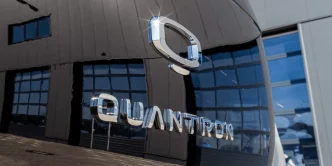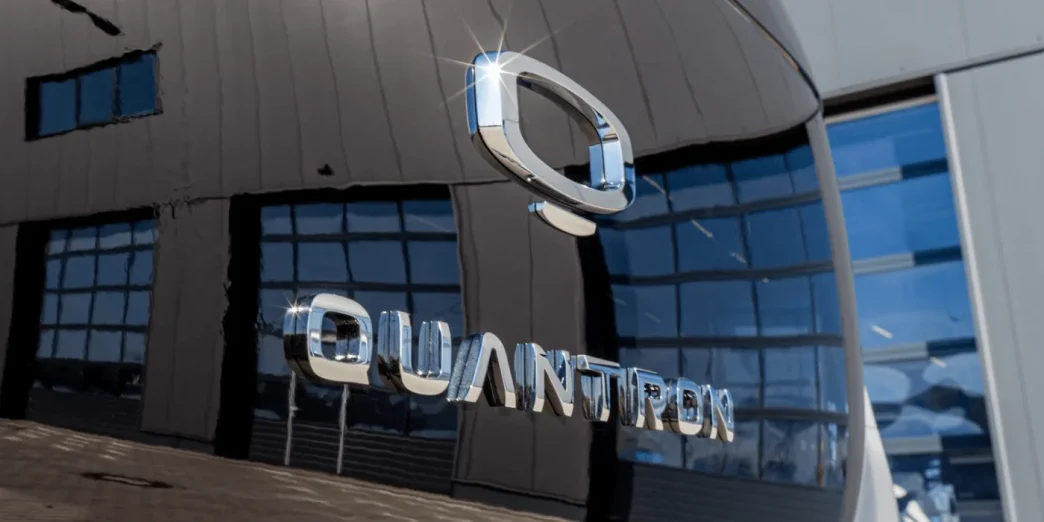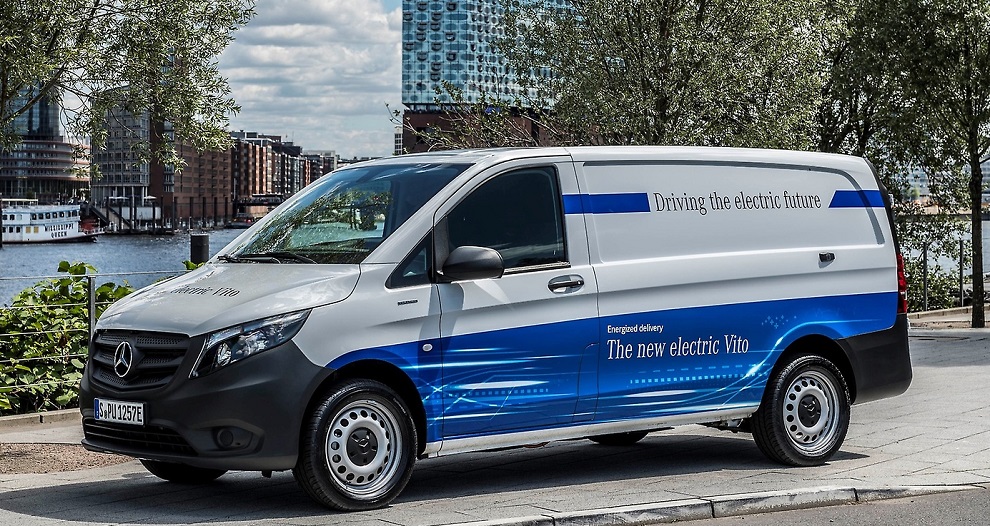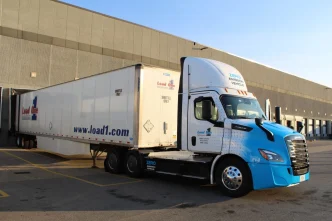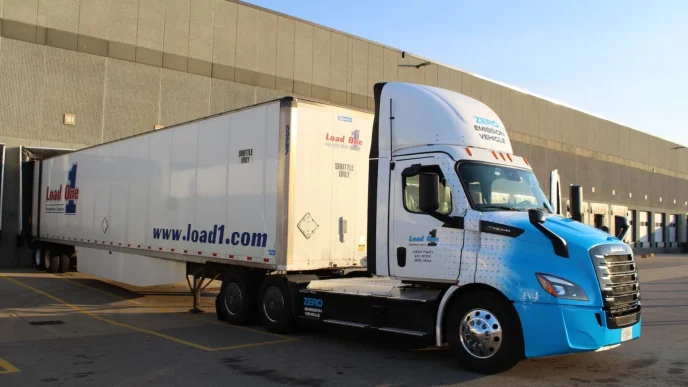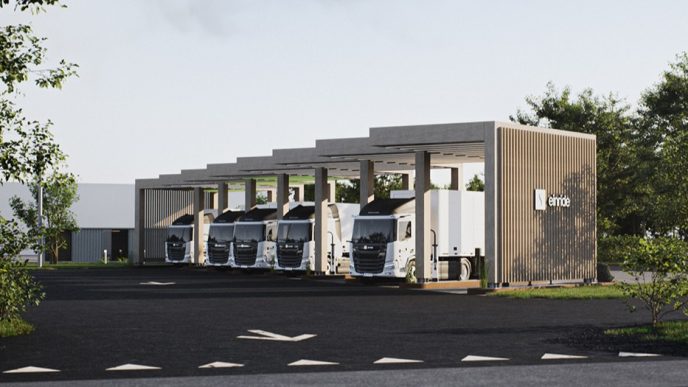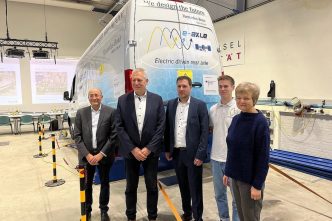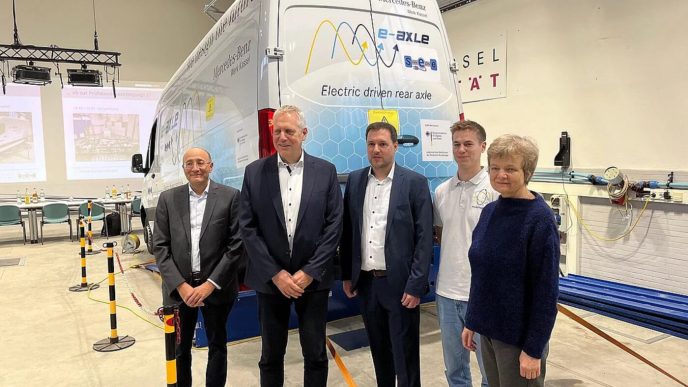German electric vehicle (EV) manufacturer Quantron AG filed for insolvency on October 29, with the Augsburg Local Court opening provisional proceedings as the company faces growing financial difficulties. The court appointed lawyer Constantin Salm-Hoogstraeten as the provisional insolvency administrator, who will now oversee the safeguarding of Quantron’s assets. During this period, Quantron’s management, led by CEO Andreas Haller, CFO Beate Reimann, and Head of Technology Rene-Christopher Wollmann, is restricted in its financial dealings without approval from the administrator.
The financial challenges at Quantron have reportedly escalated over recent months. Various local media outlets highlighted the company’s struggle to meet payroll obligations, with employees claiming unpaid wages and filing wage claims with the Augsburg labor court. In a recent statement, CFO Reimann acknowledged Quantron’s outstanding debts, including those to employees, while mentioning that an investor agreement was near. However, instead of new financing, the company now faces insolvency proceedings, casting uncertainty over the future of its workforce, which numbers approximately 90 employees.
Quantron had emerged as a promising player in the electric commercial vehicle market since its founding in 2019. Initially focusing on retrofitting vehicles, the Gersthofen-based startup quickly expanded its ambitions, pivoting to a broader business model as a systems integrator rather than a traditional vehicle manufacturer. By emphasizing platform development over vehicle production, Quantron aimed to build an ecosystem for electric commercial vehicles and fuel-cell-powered trucks, avoiding the challenges and costs associated with becoming a full-fledged original equipment manufacturer (OEM).
Funding issues, however, have been a significant hurdle. Quantron set an ambitious target to raise €100-200 million in a Series B financing round last year to fuel its expansion and support operational costs. Founder and CEO Andreas Haller took a more active role in securing the financing by stepping into the CEO position at the start of 2023. Despite these efforts, the financing round ultimately failed, placing a strain on the company’s financial health. Haller, currently on medical leave following a heart attack during the IAA transportation trade fair, commented on LinkedIn, saying, “Sorry, but my state of health has a reason – that was and is my unwavering belief and my fight for the German economy and for sustainable technologies.”
Beyond financial struggles, operational costs and regulatory challenges have further impacted Quantron. Unlike established automakers with large-scale production capabilities, Quantron has had to rely on TÜV (Germany’s Technical Inspection Association) for individual vehicle approvals, a costly and time-consuming process that has limited the company’s ability to scale production. Currently, Quantron has approximately 200 electric and hydrogen fuel-cell trucks on the road, but high regulatory costs have reportedly driven some clients to switch orders to competitors, such as Hyundai.
Despite recent setbacks, Quantron had made strides in establishing a foothold in the European EV market. The company planned to diversify revenue streams by expanding its service offerings across battery-electric and fuel-cell-powered trucks, aiming to carve out a unique position in the commercial EV ecosystem. However, the court-supervised insolvency process now puts future expansion and new product development on hold until a final decision on the proceedings is made.
Source: presse-augsburg.de

